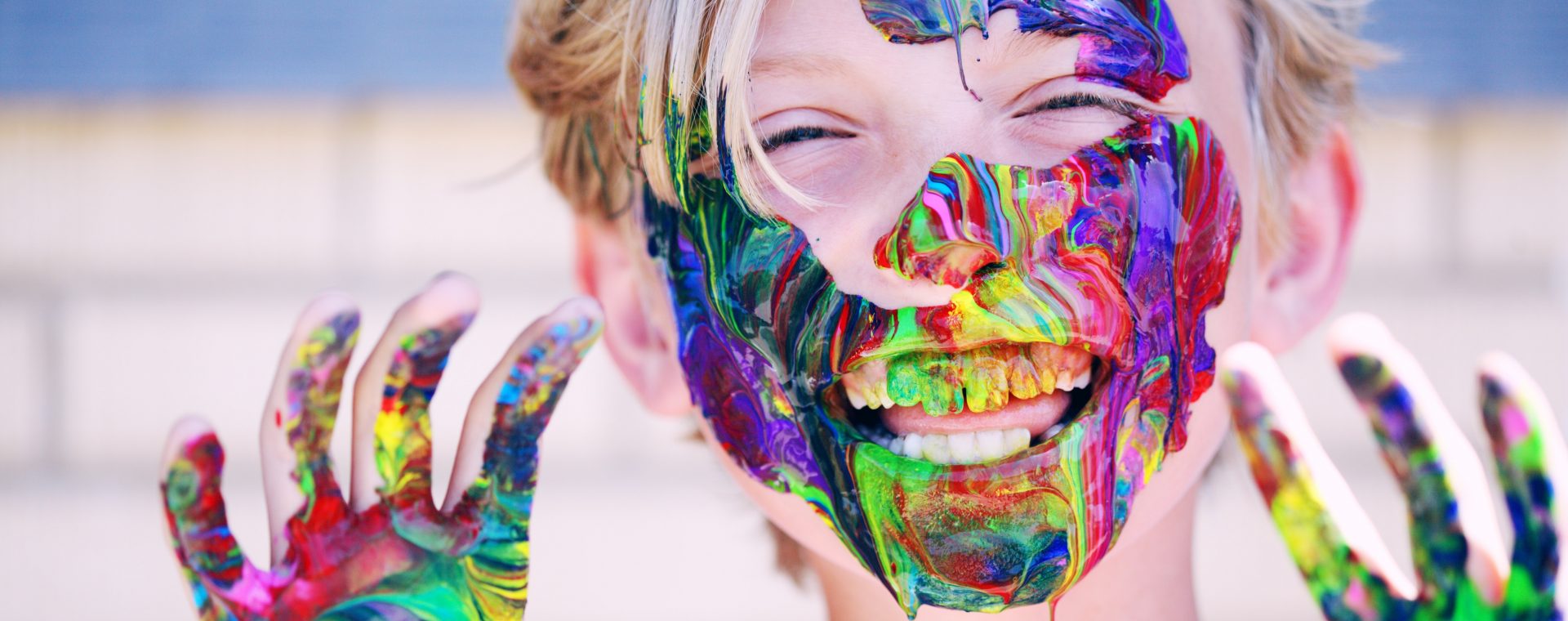
This year, we want to celebrate World Autism Day by focusing on our duty, as a collective, to make people with Autism feel like they have a piece of the world they belong to.
We sat down with ImproveYourSkills.com founder, Dr. Daniel Wendler, self-taught social skills guru with Asperger’s, a best-selling author, and clinical psychologist to discuss and imagine a different society – one in which we teach kindness and compassion towards those who are different.
1. What would you like people who’re reading this to know about people with Autism/on the Autism spectrum?
I think the biggest thing I want neurotypical people to realize is that they have much more in common with autistic people than they think. Autistic people are people just like them, and have all of the same emotions and needs as a neurotypical person. An autistic person might just express their emotions differently, or have a different way of meeting their needs. For instance, you and I both have a human need for comfort when we are distressed. You might satisfy that need by taking a warm bath or watching your favorite movie, while I might satisfy that need by stimming and rocking back and forth. You might look at my stimming and think it is strange and weird, but it’s no stranger than you taking a warm bath or watching a movie to relax – we are both doing something that we enjoy to help ourselves calm down.
2. Bullying is, unfortunately, a common phenomenon that you’re no stranger to yourself. How do we teach people to be more accepting of people who may be different?
My friend and colleague Dr. Kyler Shumway is actually an expert on bullying, and I’ve had the privilege of hearing him give a phenomenal talk on bullying. A big insight he offers is that bullies usually have some kind of personal struggle or suffering, and bullying seems like a solution to the bully’s problems. For instance, if I feel sad and I bully someone else, then instead of feeling sad I get to feel powerful. Therefore, Kyler explains that our solution to bullying needs to revolve around radical compassion to the bully – figuring out what need the bully has, and doing our best to meet it so that the bully does not have to resort to bullying. Of course, that is not to say that bullies should never receive justice for their actions. But we should pursue “restorative justice” that tries to bring the bully back into community, rather than punitive justice which just makes the bully angrier.
3. What’s your advice for students who might be going through the same feelings of loneliness and isolation as you did back in school?
The biggest difference is when you go from 0 to 1. The difference between having 0 friends at school versus when you have 1 friend is huge. The difference between having 0 teachers who are aware of your struggles and can offer support and having just one teacher who is able to provide a safe haven is huge. It’s much bigger than the difference between 1 and 10 or even 1 and 100.
And so, my advice is to focus your efforts just on going from zero to one. Don’t worry about getting everyone to like you. But see if you can find just one person who might be interested in being your friend. Maybe they are someone who also seems to struggle socially, or a person who seems to be particularly compassionate. Try to reach out to that person and see how they respond. Or if making a friend feels too hard, see if you can find one teacher or coach who is kind and can offer you support and mentorship. Going from zero to one doesn’t solve everything, but it makes things much easier.
4. How do we teach kindness and compassion?
I believe that everyone has at least a spark of kindness inside them – I think that’s just a part of human nature, and although it can be deeply buried by some people, everyone has at least a small part of themselves that is kind and compassionate.
And so, our opportunity is to fan that spark of kindness and help it grow into a larger flame of compassion. And the way that we do that is to catch kids being good. Instead of only punishing them for the moments when they are mean, we look for the moments when a kid shows kindness and compassion, even when it is small. And then we compliment it and celebrate it. When a kid shares without asking, when a kid offers a kind word to their friend, we make sure that we notice it and we celebrate it. This teaches the kid that we value kindness, and it will teach them to value kindness too.